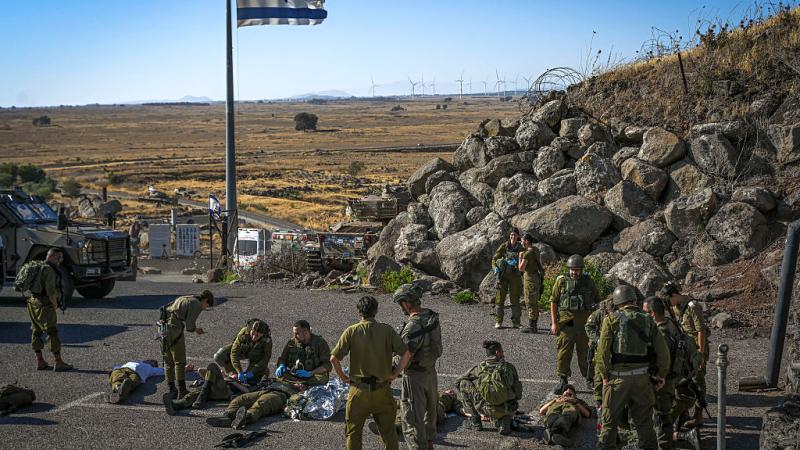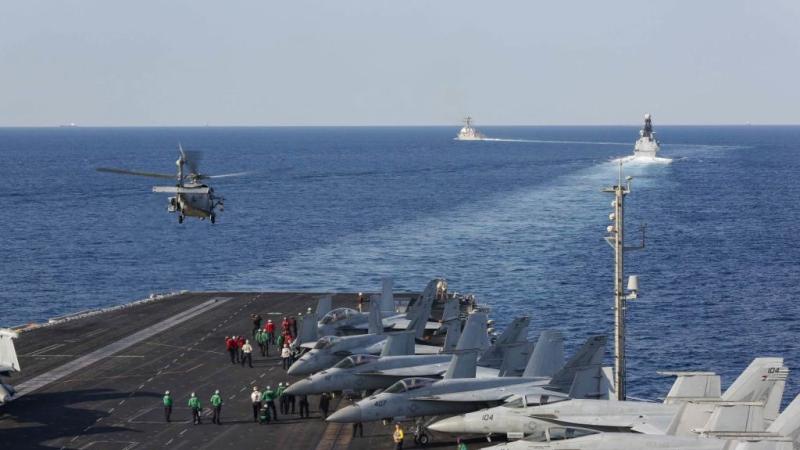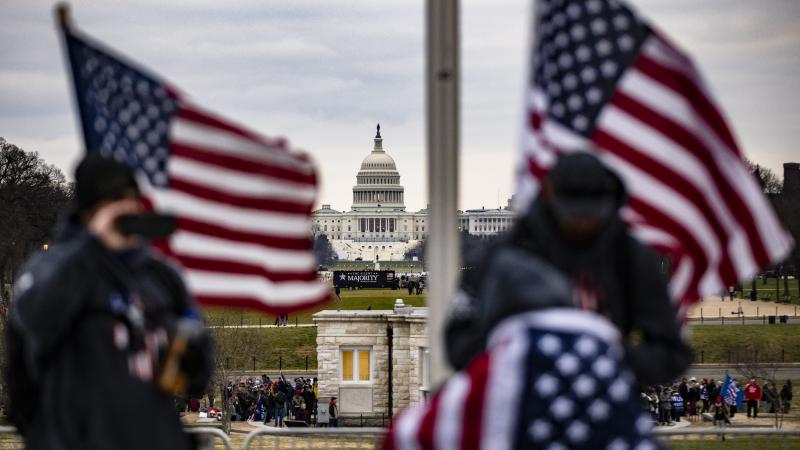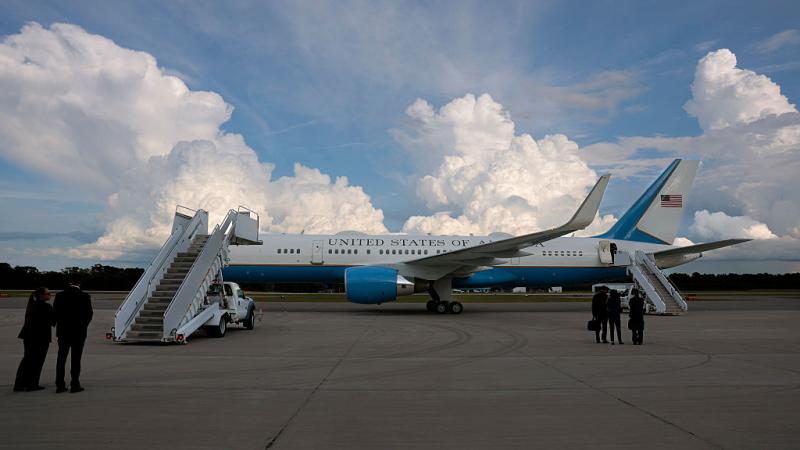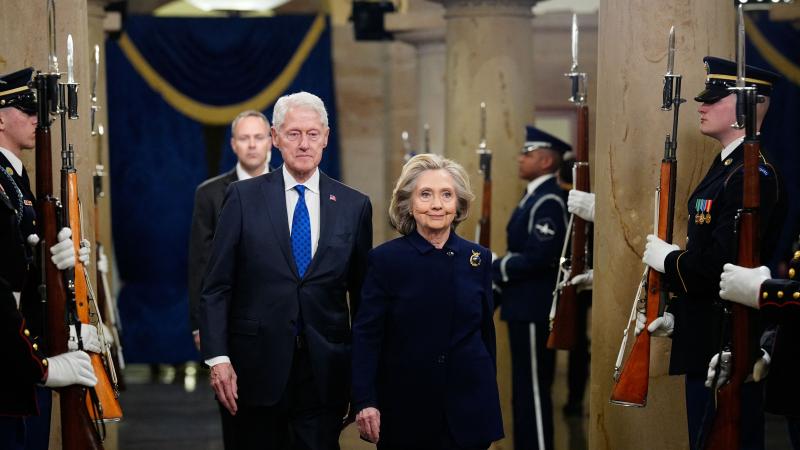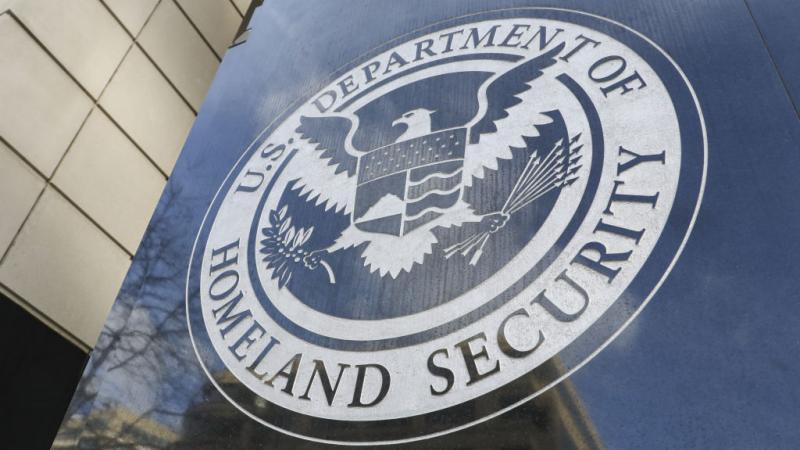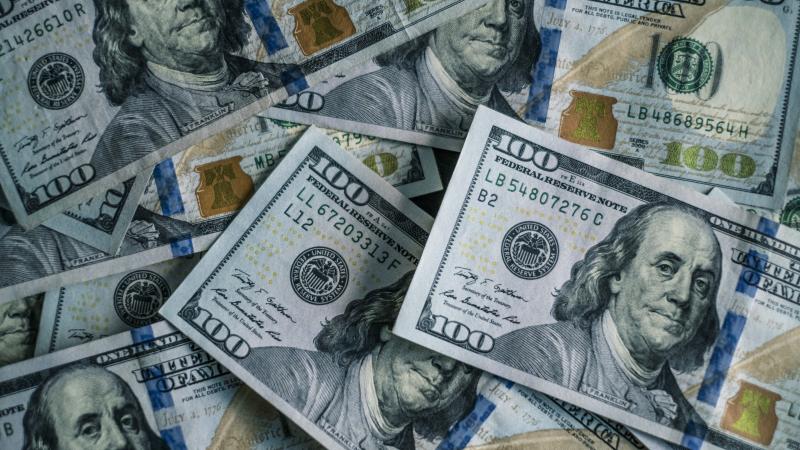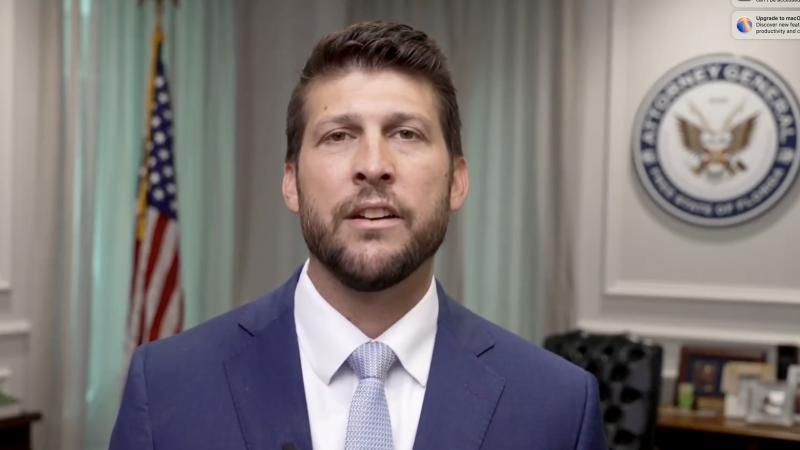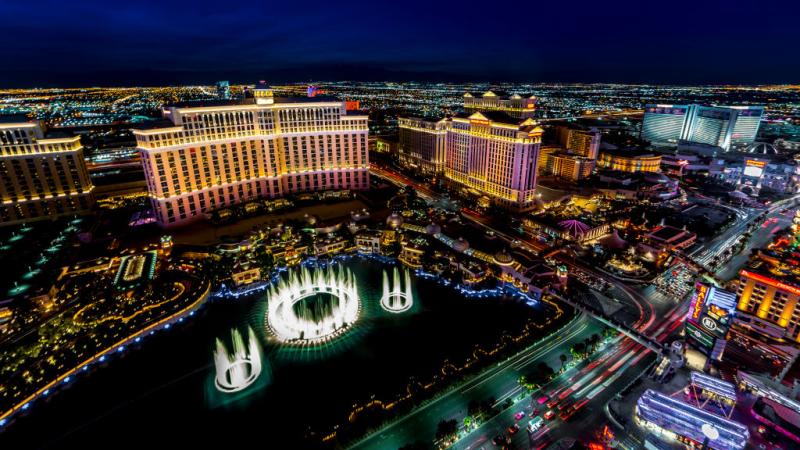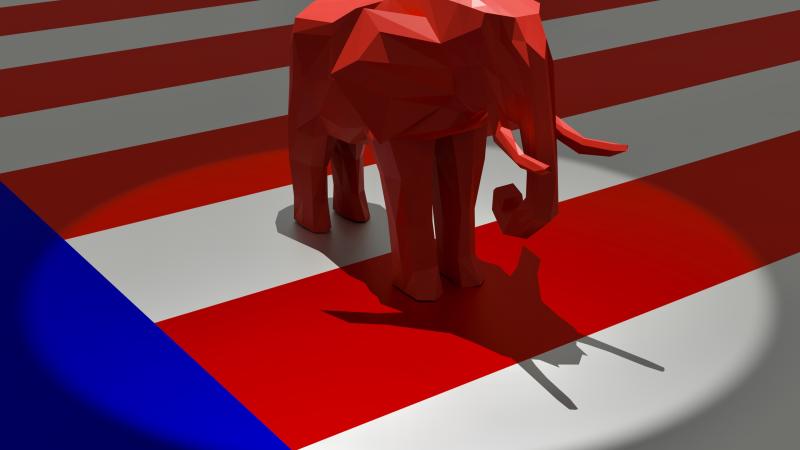Magnitsky Act architect urges 'extreme pressure' on Putin before Navalny dies
Activist Bill Browder calls Putin's treatment of dissident Alexei Navalny "exact deja vu" to what Sergei Magnitsky endured as a Russian political prisoner more than 10 years ago.
Financier Bill Browder, the driving force behind the Magnitsky Act, the law authorizing the U.S. government to freeze the assets of foreign human rights offenders and ban them from entering the country, says it is time for President Joe Biden to apply "extreme pressure" on Russian President Vladimir Putin to save the life of jailed opposition leader and anti-corruption activist Alexei Navalny.
According to Russian media outlets, Navalny — Russia's most high-profile anti-Putin, anti-corruption activist — is lying in the medical facility of a Russian prison suffering from a variety of medical ailments, including debilitating back pain, limb numbness, and a respiratory infection that has caused a high fever. Navalny is currently serving a two-and-a-half-year prison sentence for a violation of his parole, which included time he spent last year in Germany recovering from a near-fatal poisoning attempt, likely by Russian intelligence agents.
The 2012 Magnitsky Act is named in honor of Sergei Magnitsky, a Russian attorney working for Browder's hedge fund who was imprisoned by Russian authorities for exposing a $230 million case of tax fraud connected to individuals in the upper echelons of the Russian government. Denied medical attention in prison, Magnitsky ultimately died from medical neglect after enduring almost a year of detention under harsh conditions. Following his friend and colleague's death, Browder made it his mission to fight government corruption — first in Russia, and then around the world — by means of the Magnitsky Act.
"The story of Sergei Magnitsky ended tragically, with his death, and I fear the same thing will happen to Alexei Navalny unless extreme pressure is put on Vladimir Putin to stop," Browder told "Just the News AM" Friday.
More than a decade ago, Browder approached two U.S. Senators — Maryland Democrat Ben Cardin and Arizona Republican John McCain — for help crafting the legislation that would allow the U.S. to retaliate against individuals in Russia, and across the globe, who were responsible for the sort of human rights abuses endured by Magnitsky. Now, Browder says, he is feeling "exact deja vu" as he watches Navalny face "medical neglect torture" because he "challenged Russian government corruption."
Prior to his arrest in January upon returning to Russia, Navalny and his associates at the Russian Anti-Corruption Foundation created a list of 35 associates of Vladimir Putin against whom they believed Magnitsky Act sanctions should be levied.
"Navalny for years has advocated for individual sanctions against perpetrators of human rights abuses and corruption, and we've worked on this precise list of who these targets should be," said Vladimir AshkurkovTO WHOM WHEN? TO WP?, the executive director of the Russian Anti-Corruption Foundation, which Navalny founded.
Ashkurkov's letter transmitting the sanctions target list is dated January 29. In early March, the Biden administration announced Magnitsky Act sanctions against seven members of Putin's inner circle, only one of whom is on the list. Browder says that imposing sanctions on the rest is the necessary next step, even as he acknowledges that to do so would be understood by all parties as "a major escalation." It is unclear what Biden and other Western governments will decide to do, but as reports of Navalny's condition trickle out of Russia, it becomes clearer by the day that they may not have much time to act.
The jury is still out on how effective Magnitsky sanctions are in deterring hostile regimes from perpetrating human rights abuses. For example, more than two dozen officials in the Chinese Communist Party were slapped with Magnitsky Act sanctions last summer by the Trump administration for both suppression of democracy in Hong Kong and human rights abuses against the Uyghur population in Xinjiang. And yet, democracy remains suppressed in Hong Kong, and severe human rights abuses against the Uyghurs are continuing.
China's "shrill" response last year is itself evidence that "Magnitsky sanctions are effective," Browder maintains.
"Look at how angry China got at the collection of countries that sanctioned them," Browder said. "All of the sudden, really in a very shrill way, they responded by sanctioning British politicians, Canadian politicians, U.S. politicians. They have very thin skin. And we haven't in any way fully exhausted the value of the Magnitsky sanctions."
The targeted pressure of Magnitsky sanctions is preferable to broader, self-defeating trade sanctions, Browder argues.
"At this stage of the game, it will be hurting ourselves as well as China, if we get into some kind of huge trade conflict, when we can easily single out, in a very surgical way, the bad guys in China," he said.

